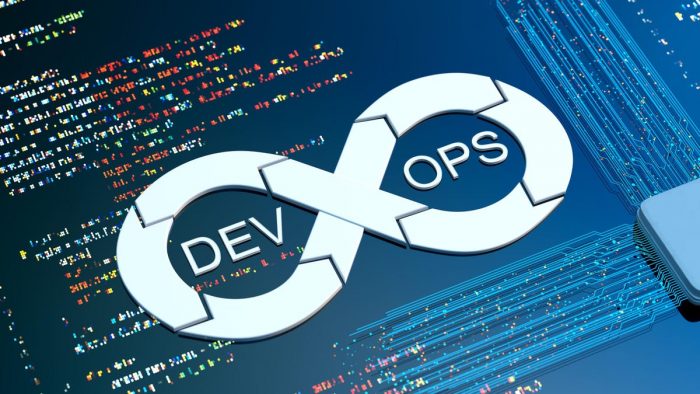DevOps Services: Streamlining Software Delivery and Collaboration
DevOps, a portmanteau of “Development” and “Operations,” is an approach that emphasizes collaboration and integration between software development and IT operations teams. It aims to shorten the systems development life cycle and provide continuous delivery of high-quality software. DevOps services play a pivotal role in fostering efficient communication, automation, and improved collaboration between cross-functional teams.
1. Continuous Integration (CI): CI is a vital DevOps service that enables developers to integrate their code changes into a shared repository multiple times a day. The CI process automates code building, testing, and validation, ensuring that the codebase is stable and ready for deployment.
2. Continuous Delivery (CD): CD complements CI by automating the deployment of code to various environments. It streamlines the release process, making it faster, more reliable, and less error-prone. With CD, software updates can be delivered to end-users swiftly and seamlessly.
3. Infrastructure as Code (IaC): IaC treats infrastructure setups as code, enabling developers to define and manage infrastructure using version-controlled scripts. This approach ensures consistency across environments and simplifies the deployment process, reducing the chances of configuration drift.
4. Automated Testing: DevOps services promote the use of automated testing to validate code changes thoroughly. Automated unit tests, integration tests, and end-to-end tests help identify issues early in the development process, allowing for rapid feedback and quicker bug resolution.
5. Monitoring and Logging: Robust monitoring and logging are critical components of DevOps services. Continuous monitoring of applications and infrastructure helps identify performance bottlenecks, security threats, and other issues in real-time, ensuring a proactive approach to maintenance.
6. Collaboration Tools: DevOps encourages the use of collaborative tools that facilitate communication and knowledge sharing among teams. Version control systems, issue tracking tools, and communication platforms improve transparency and reduce the risk of miscommunication.
7. Scalability and High Availability: DevOps services focus on creating scalable and highly available systems. Automated scaling mechanisms ensure that the infrastructure can handle varying workloads while maintaining optimal performance.
8. Security Practices: Security is integrated into every stage of the DevOps lifecycle. DevOps services prioritize secure coding practices, regular security testing, and vulnerability assessments to protect the software from potential threats.
9. Incident Management and Disaster Recovery: DevOps services include well-defined incident management and disaster recovery plans. These plans ensure a quick and effective response to incidents and minimize the impact of disruptions on business operations.
10. Continuous Improvement: A fundamental tenet of DevOps is continuous improvement. Regular retrospectives and feedback loops enable teams to identify areas for enhancement and implement changes to optimize the development and delivery process continually.
In summary, DevOps services are a set of practices and tools that enhance collaboration, automation, and efficiency throughout the software development lifecycle. By adopting these services, organizations can achieve faster releases, improved software quality, and a culture of continuous improvement, ultimately leading to better customer satisfaction and business success.






